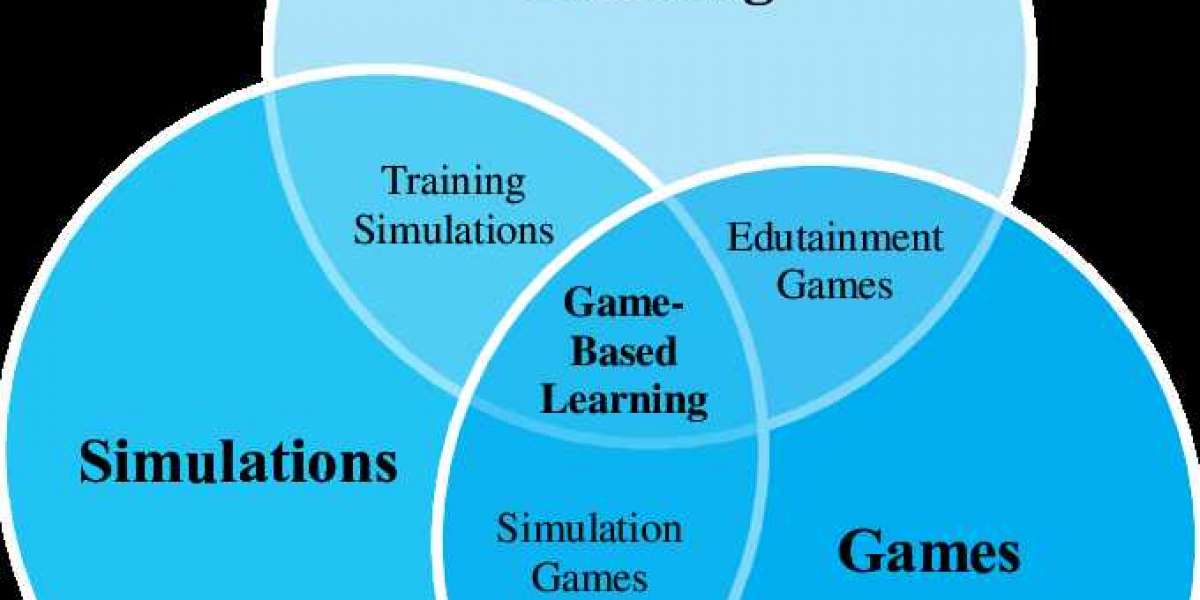The intersection of games and education is a starting point for all of that. What's happening in the space today is shaping the future of a lot more than games, and the generation growing up with games as part of their education are going to do some amazing things in the world.
For many years, video games have been viewed as a distraction and a waste of time for children and students. However, in recent years, there has been a growing movement to recognize the value of gaming in education. From improving critical thinking skills to enhancing creativity and problem-solving abilities, video games have the potential to be a valuable tool in the classroom. In this blog, we will explore the intersection of gaming and education and the benefits it can provide.
One of the main benefits of gaming in education is its ability to improve critical thinking skills. Many video games require players to think strategically and make decisions that have consequences for their progress in the game. These skills can transfer to real-life situations where problem-solving and decision-making skills are crucial.
Another benefit of using gaming in education is its ability to enhance creativity. Many games allow players to explore and create within the game world, allowing for a wide range of creative expression. This can encourage students to think outside the box and come up with unique and innovative solutions to problems.
In addition to critical thinking and creativity, video games can also improve students' focus and attention span. Many games require sustained attention and focus for extended periods of time, which can help students develop these skills in the classroom. This can be particularly helpful for students with attention deficit hyperactivity disorder (ADHD) or other learning difficulties.
Gaming can also be used to make learning more engaging and interactive. Many students struggle to stay engaged and motivated in traditional classroom settings, but incorporating games into the curriculum can make learning more fun and exciting. This can be particularly helpful for students who are visual or kinesthetic learners and benefit from hands-on experiences.
Video games can also be used to teach specific subject matter. Many games are designed to teach math, science, history, and other subjects in an engaging and interactive way. This can be particularly helpful for students who struggle with these subjects or have difficulty learning through traditional teaching methods.
Another benefit of gaming in education is its ability to teach teamwork and collaboration. Many games require players to work together to achieve a common goal, which can help students develop important social and collaborative skills. These skills can be particularly helpful for students who struggle with social interactions or have difficulty working in groups.
Finally, gaming can be used to teach students about digital literacy and technology skills. In today's digital age, these skills are becoming increasingly important in the workplace and in everyday life. By incorporating gaming into the curriculum, educators can help students develop these skills and prepare them for the digital world.
In conclusion, gaming has the potential to be a valuable tool in the classroom, providing a range of benefits for students. From improving critical thinking skills to enhancing creativity and collaboration, gaming can be used to teach specific subject matter and make learning more engaging and interactive. As more educators recognize the value of gaming in education, we can expect to see an increase in its use in the classroom and the development of new and innovative ways to incorporate it into the curriculum.







